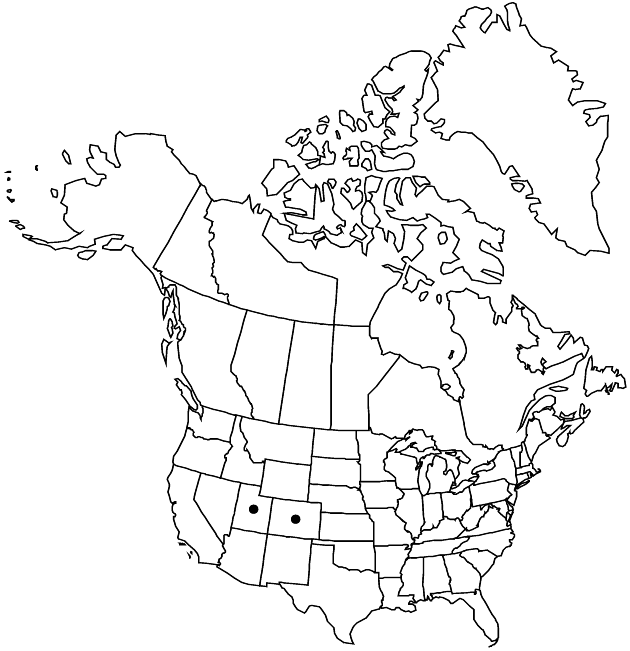Difference between revisions of "Xylorhiza venusta"
Muhlenbergia 1: 8. 1900.
Common names: Charming woody-aster
Endemic
Basionym: Aster venustus M. E. Jones Zoë 2: 247. 1891
Synonyms: Machaeranthera venusta (M. E. Jones) Cronquist & D. D. Keck
imported>Volume Importer |
imported>Volume Importer |
||
| Line 60: | Line 60: | ||
|publication year=1900 | |publication year=1900 | ||
|special status=Endemic | |special status=Endemic | ||
| − | |source xml=https:// | + | |source xml=https://bitbucket.org/aafc-mbb/fna-data-curation/src/2e0870ddd59836b60bcf96646a41e87ea5a5943a/coarse_grained_fna_xml/V19-20-21/V20_931.xml |
|tribe=Asteraceae tribe Astereae | |tribe=Asteraceae tribe Astereae | ||
|genus=Xylorhiza | |genus=Xylorhiza | ||
Latest revision as of 20:06, 5 November 2020
Perennials or subshrubs, 10–40 cm. Stems branched mostly in proximal 3/4 (leafy in proximal 1/2–2/3), densely villoso-puberulent to glabrate, eglandular. Leaf blades oblanceolate to oblong-spatulate, 2–15 mm wide, bases attenuate, not clasping, margins flat, entire, faces densely villoso-puberulent to glabrate. Peduncles 5–20 cm. Involucres 12–20 × 20–35(–40) mm. Ray florets 14–34; corollas white to pale lavender. Style-branch appendages shorter than stigmatic lines. 2n = 12, 24.
Phenology: Flowering Apr–Jun.
Habitat: Barren, open sites, often selenious, alkaline, dominated by saltbush and shadscale
Elevation: 1300–2100 m
Discussion
Selected References
None.
Lower Taxa
None.
